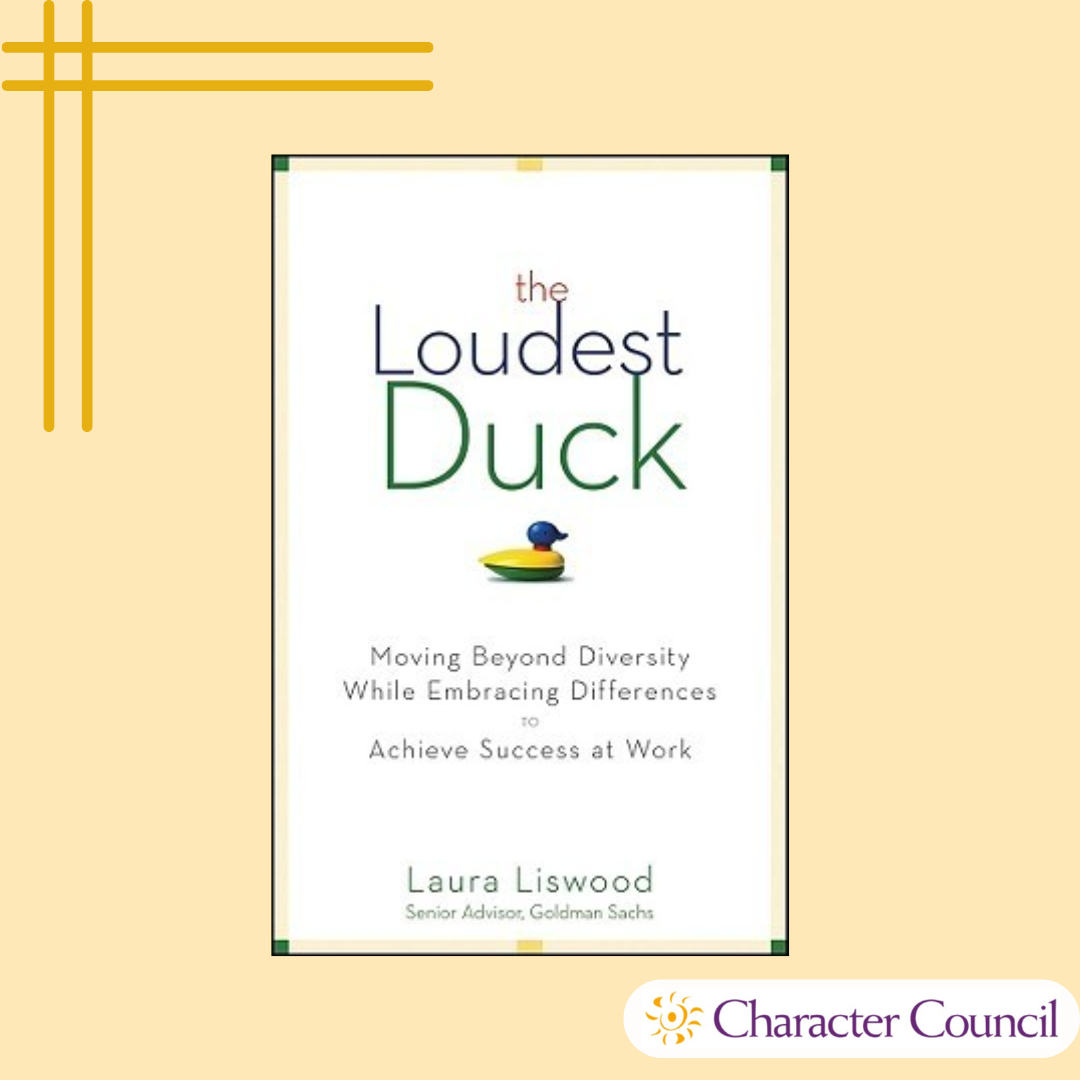
Acceptance In Business
(Formerly Tolerance)
vs. prejudice
Demonstrating respect for others who do not share my perspective
“Success Through Diversity”
In reading books and articles on business leadership and diversity, I noticed a change in more recent publications. Originally, the value of diversity was limited to globalized, multicultural organizations but as my reading became more current, I saw that local businesses also need to embrace diversity. According to projections by the US Census Bureau, by 2044, more than half of all Americans are projected to belong to a minority group (any group other than non-Hispanic White alone). This will affect all businesses, not just those with global customers. To take it to a personal level: No matter what your goal is, personal or professional, you will benefit from interacting with people who act and think differently than you do.
Differences can be energizing and boost innovation and creativity in corporate spaces and well as personal spaces. Those companies and individuals that see diversity as a social justice obligation will miss an opportunity to improve, grow and increase their cultural competence. As our nation diversifies, embracing diversity and inclusion becomes a competitive advantage and at some point, a necessity.
Carol Fulp, author of Success through Diversity, writes about a study by the management consulting firm, McKinsey & Co., that found companies with the most diverse boards averaged returns on equity more than 50 percent higher than those with the least diverse boards. That definitely puts diversity on the must-have list rather than the nice-to-have list. The case studies in her book back up this claim and present best practices to make inclusion and tolerance a core part of a company’s mission and operations.
This month, use your Acceptance to build diversity in your world.

Interview for Acceptance with this question:
What is your relationship with your coworkers?
Download The Ultimate Guide to Hiring for Character with questions for all 36 qualities.

Featured Book on Acceptance
The Loudest Duck:
Moving Beyond Diversity while Embracing Differences
to Achieve Success at Work
by Laura Liswood
Our other Pillars have resources that can be used in a workplace setting.
Visit Acceptance in School>>
Activities
No Matter How You Say It
Curriculum Connections
Croskey’s Corner
Visit Acceptance in the Community>>
Quotes
Character All Month Calendar
Related Qualities
Character Holiday Activities
Family Activity (with a printable for sending home to parents)
Visit Acceptance in Faith>>
Christian Family Activity
Bible Verses
Christian Poster
Prayer and Reflections
Archived Resources


